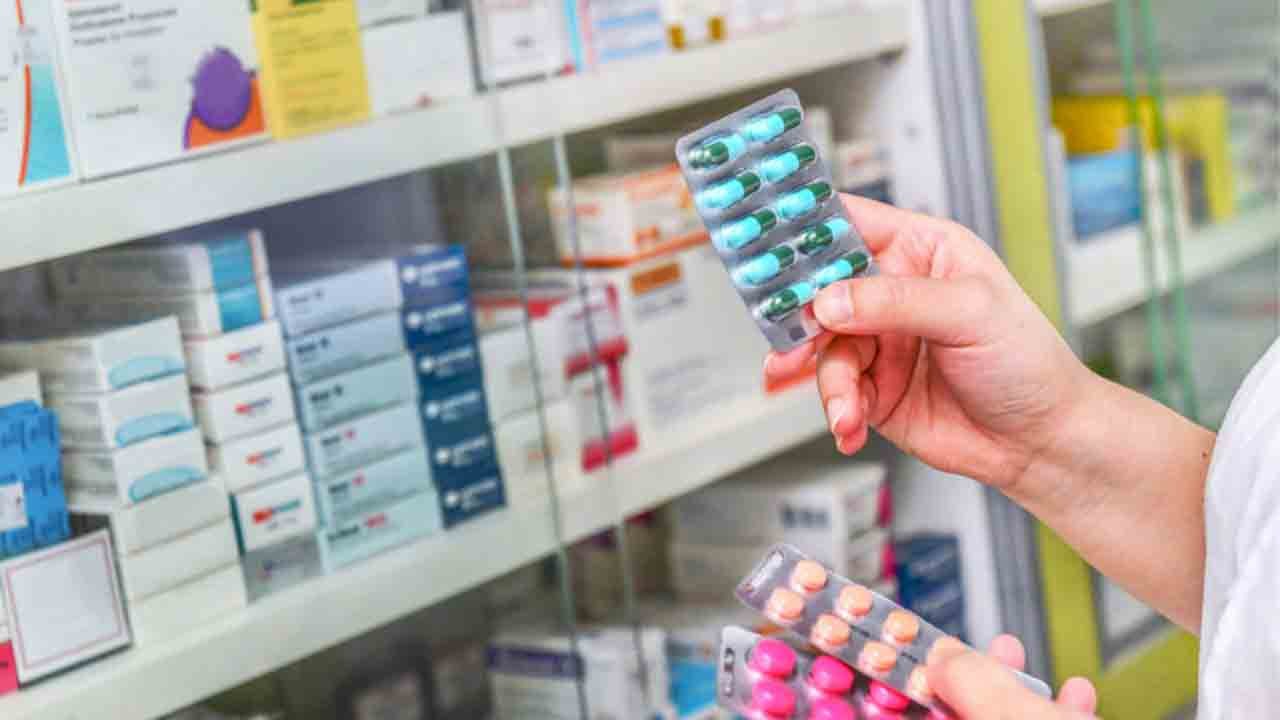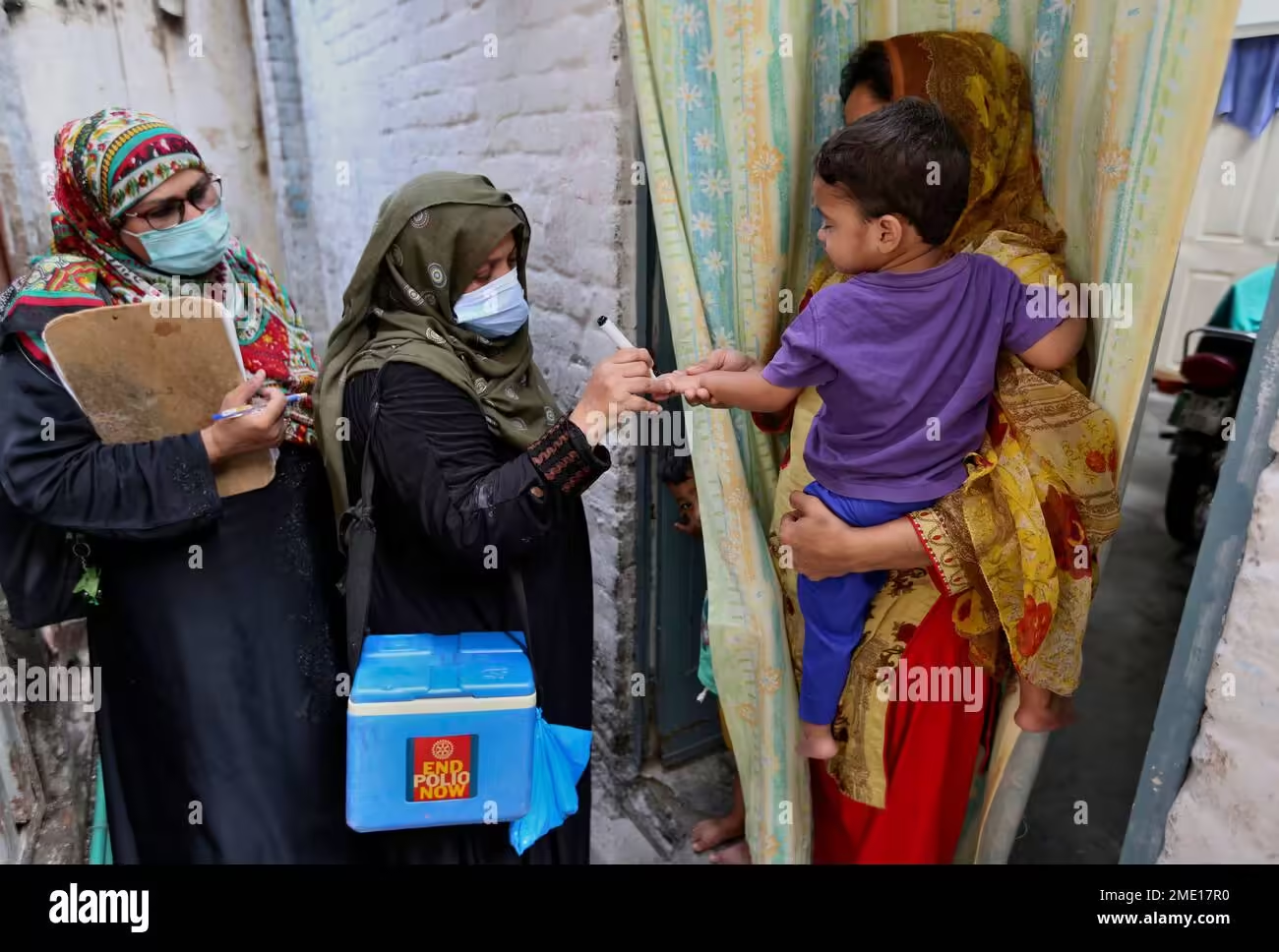Recent laboratory tests have uncovered a concerning issue: several batches of common pharmaceuticals have been found to be counterfeit. This revelation raises significant public health concerns, as fake medications can lead to serious health risks and undermine trust in healthcare systems.
Counterfeit Medications Identified
According to detailed reports, several widely used medications have been identified as counterfeit. The affected batches include:
Powder Amox 500 – A commonly prescribed antibiotic.
Nutricare Syrup – A nutritional supplement.
Velocef Capsule 500 – Another form of antibiotic.
Piodine Solution 60ml and 450ml – An antiseptic solution.
Tenzo 0.5 Injection – A medication used for various infections.
Dye Doone 10 mg Tablet – Prescribed for certain inflammatory conditions.
Duphastone 10 mg Tablet – Often used in hormone therapy.
Cefpasin 400 mg Capsule – Another antibiotic.
Phenobar 30 mg Tablet – A medication used for seizure control.
The discovery of these counterfeit drugs is alarming, as these medications are frequently used for treating a range of health conditions.
Health Risks Associated with Counterfeit Medications
Fake medications pose severe health risks. They may contain incorrect ingredients, incorrect dosages, or harmful substances. Patients relying on these medications for treatment may experience a lack of therapeutic effect, leading to worsening of their medical condition. In some cases, counterfeit drugs can cause adverse reactions, severe side effects, or even fatalities.
For example, antibiotics like Powder Amox 500 and Velocef Capsule 500 are critical for treating bacterial infections. Ineffective or unsafe versions of these drugs could lead to treatment failures and antibiotic resistance. Similarly, counterfeit hormonal and antiseptic solutions can disrupt medical treatments and wound care.
Impact on Public Trust and Healthcare
The presence of counterfeit medications in the market undermines public trust in the healthcare system. Patients may become wary of using prescribed medications, fearing they could be fake. This distrust can lead to decreased adherence to medical advice, further complicating health outcomes.
Healthcare professionals also face challenges as they might unknowingly prescribe or dispense counterfeit drugs, potentially harming their patients. This situation stresses the importance of stringent quality control measures and vigilant monitoring of pharmaceutical products.
Regulatory Actions and Public Awareness
In light of these findings, regulatory authorities need to take swift action. Steps should include:
Enhanced Surveillance: Increasing monitoring of pharmaceutical products in the market to detect and remove counterfeit batches.
Stricter Regulations: Implementing tougher regulations and penalties for those involved in the production and distribution of fake medications.
Public Awareness Campaigns: Educating the public on how to identify counterfeit drugs and encouraging them to report suspicious medications.
Collaboration with Healthcare Providers: Working closely with healthcare professionals to ensure they are informed about counterfeit medications and can guide their patients appropriately.
What Patients Should Do
Patients are advised to remain vigilant and take the following precautions:
- Verify Medications: Check the packaging, labeling, and appearance of the medication. Look for unusual changes or discrepancies.
- Consult Healthcare Providers: If you suspect that your medication might be counterfeit, consult your doctor or pharmacist immediately.
- Report Suspicious Medications: Report any suspicious medications to local health authorities or regulatory bodies.
The discovery of counterfeit medications such as Powder Amox 500, Nutricare Syrup, Velocef Capsule 500, and others highlights a critical public health issue. It is imperative for regulatory bodies to enforce strict measures to combat this problem and ensure the safety and efficacy of pharmaceutical products. Meanwhile, public awareness and vigilance are key to protecting oneself from the dangers of fake medications. Through collective efforts, we can safeguard public health and maintain trust in our healthcare system.



